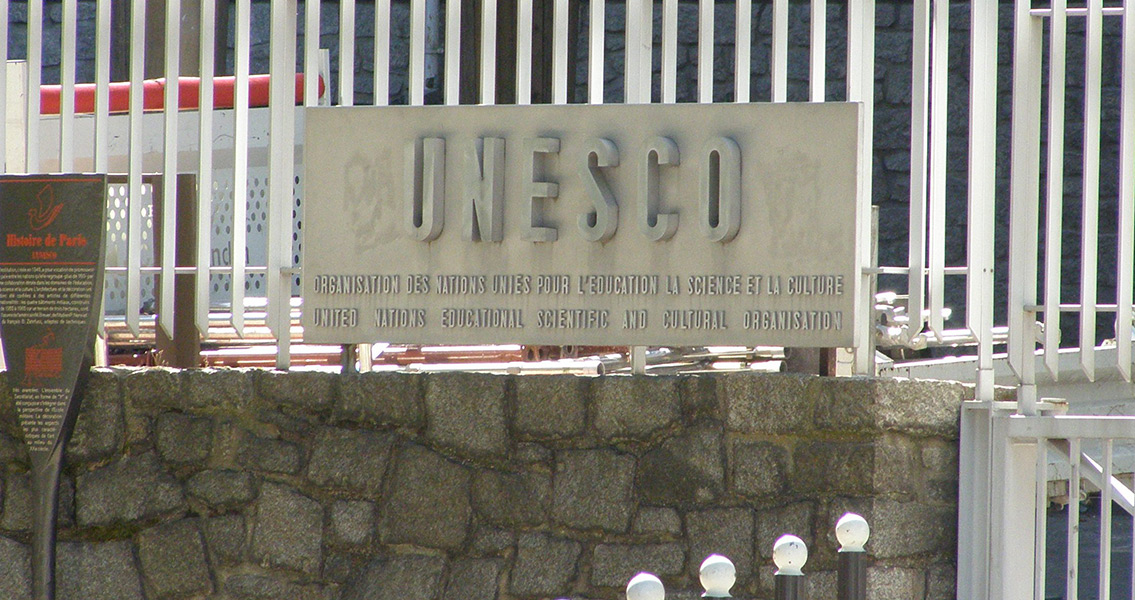<![CDATA[Controversy has erupted this week over the cancellation of a planned exhibition on the horrors of the holocaust. The cancellation of the exhibition, and the media uproar that has ensued, reveals the complex relationship between history, memory and politics. On Sunday 26th January, "Stolen childhood: Holocaust victims seen by Child Inmates of Salaspils Nazi Concentration Camp" was scheduled to open at the UNESCO headquarters in Paris. The joint Russian and Belorussian exhibition of photographs from the Salaspils concentration camp has been blocked however, following a veto from Latvia's UNESCO National Commission. UNESCO policy allows member states to veto shows and exhibitions organised by other member states. The Latvian Commission's objection relates to the exhibition's curator; Aleksander Dyukov. Dyukov is currently blacklisted from entering Latvia and Lithuania for controversial remarks he made relating to the two countries' continued sovereign independence. Latvia currently holds the presidency of the European Union. An unnamed organiser of the cancelled exhibition told RT.com that they felt the Latvian veto had been exercised because of fears that the exhibition would "harm Latvia's image during its presidency of the EU". Salaspils concentration camp, the subject of Dyukov's exhibition, is a point of significant controversy. The camp was established in 1941 during the Nazi occupation of Latvia, in the town of Salaspils roughly 18km from the capital Riga. It imprisoned both prisoners captured in Latvia, as well as Jewish people deported from Germany and elsewhere. The camp was liberated following the Soviet Union's victory over Germany in Eastern Europe. The vast majority of the camp's history was written during the Soviet occupation of Latvia, and details of the true extent of the crimes committed there have since been disputed. Accounts from the Soviet era document up to 100,000 people perishing in the camp, a figure also suggested in the Nuremberg trial protocols. A team of Latvian historians however, suggests that these figures could have been based on myths and propaganda rather than objective research. Uldis Neiburgs, Kārlis Kangers and Rudīte Vīksna are currently working on a history of the camp which they hope will be published next year. Neiburgs told LSM: "We can surely prove two to three thousand perished here, but we simply cannot confirm any figures in the five- or let alone six-digit figures". On Tuesday, Latvia's Ministry of Foreign Affairs attempted to clarify its position "the Russian Federation’s selective approach to the Holocaust remembrance is quite astonishing..." said a press release from the Ministry, "In this way, Russia is building on the Soviet tradition to silence the Holocaust events and sweep them under the carpet." The principle accusations are that Dyukov's photograph exhibition is designed to distort historical facts, and serve an ideological purpose. As the world commemorates seventy years since the liberation of Auschwitz, the dispute over Dyukov's exhibition reveals that history and memory of the twentieth century's crimes continue to be a source of passionate controversy.]]>
Controversy Over Holocaust Exhibition
